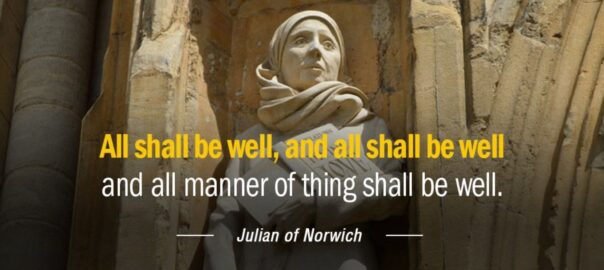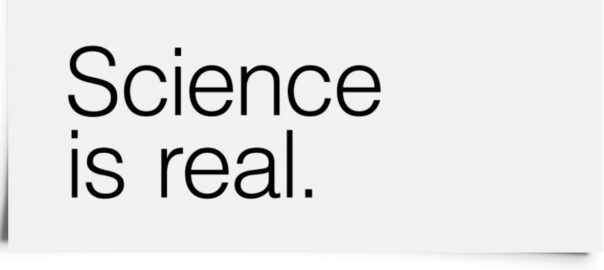
Juliana of Norwich was a 14th century anchorite and spiritual writer and the first female author published in English. She was not formally a nun, but lived most of her life in a small room, receiving daily food through a window and dedicating herself to prayer. Her best-known book is Revelations of Divine Love. Her infatuation with God and desire for others to know divine love and grace influenced thousands in her day and millions of readers over the past centuries. She shared her hope and love in a world full of plagues and wars (that make COVID-19 seem tame), ecclesial disputes, and social unrest. Why was she so happy?
Juliana experienced deep intimacy with Christ, both as the Crucified Savior and Risen Lord. She knew the entire biblical narrative and the final chapters of the Book of Revelation spoke to her as she reminded her suffering friends, “All shall be well, and all manner of things shall be well.” The hope of the resurrection and the beautiful visions of eternity detailed in Scripture informed her optimism in the midst of so much degradation and tragedy.
We need Mother Juliana’s hope in our world. Easter reminds us that death does not have the final word and our current afflictions are working new affections of compassion and endurance in our souls. Injustice and underserved pain, the selfishness of the powerful, and our own self-inflicted wounds all conspire toward fatalism and hopelessness. But Easter has come and our mourning turns to joy as our tears are dried by the nail-scarred hands of Christ!
It was the Holy Spirit that gave Juliana of Norwich her revelations of divine love and hope. The same Holy Spirit lives in every believer and in the church opening our hearts and minds toward courage and wisdom, and loving service. The same Holy Spirit will empower the sharing of the Gospel as we invite others to experience forgiveness, healing, and foretastes of eternal delight.
While we contend for truth, work for justice, and engage in all domains of our culture, we will have defeats and victories, tragic reversals and miraculous advances. In the midst of it all, our Risen Lord reminds us, “All shall be well.”




